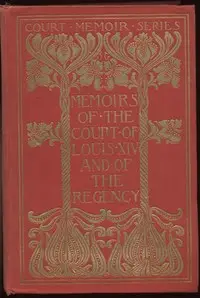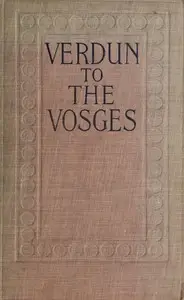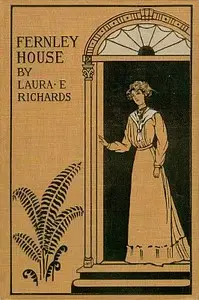"Memoirs of the Court of Louis XIV. and of the Regency — Volume 02" by Orléans is a historical account, likely crafted in the early 18th century, reflecting the intricate dynamics of royal court life during the reign of Louis XIV and the regency period that followed. The text is drawn from the personal writings of Madame Elizabeth-Charlotte of Bavaria, alongside her observations on notable figures, including Philippe I and Philippe II, Duc d'Orléans, as well as the affairs that shaped their lives. The memoirs provide insight into political maneuvering, familial relationships, and the court's social fabric. The opening of this volume sets the stage for an intimate and complex portrayal of life within the royal court. It introduces Philippe I, the Duc d'Orléans, and contrasts him with his brother, King Louis XIV, highlighting the former's personality quirks and his affinity for social activities. The narration includes anecdotes about his relationships with family members, particularly with Madame d'Orléans, who details her struggles and achievements in gaining his affection over the years. This opening portion hints at the blend of personal and political intrigues that will unfold, revealing the emotional undercurrents that characterize the French aristocracy of the time while foreshadowing subsequent conflicts and alliances during the regency. (This is an automatically generated summary.)

Memoirs of the Court of Louis XIV. and of the Regency — Volume 02
By Charlotte-Elisabeth Orléans
"Memoirs of the Court of Louis XIV. and of the Regency — Volume 02" by Orléans is a historical account, likely crafted in the early 18th century, refl...
Madame Elizabeth Charlotte, Duchess of Orléans, also known as Liselotte von der Pfalz, was a German member of the House of Wittelsbach who married into the French royal family. She was the second wife of Monsieur Philippe I, Duke of Orléans. By Philippe, Liselotte was the mother of Philippe II, Duke of Orléans, and Élisabeth Charlotte, Duchess of Lorraine. Philippe II was France's ruler during the Regency. Liselotte gained literary and historical importance primarily through preservation of her correspondence, which is of great cultural and historical value due to her sometimes very blunt descriptions of French court life and is today one of the best-known German-language texts of the Baroque period.


















